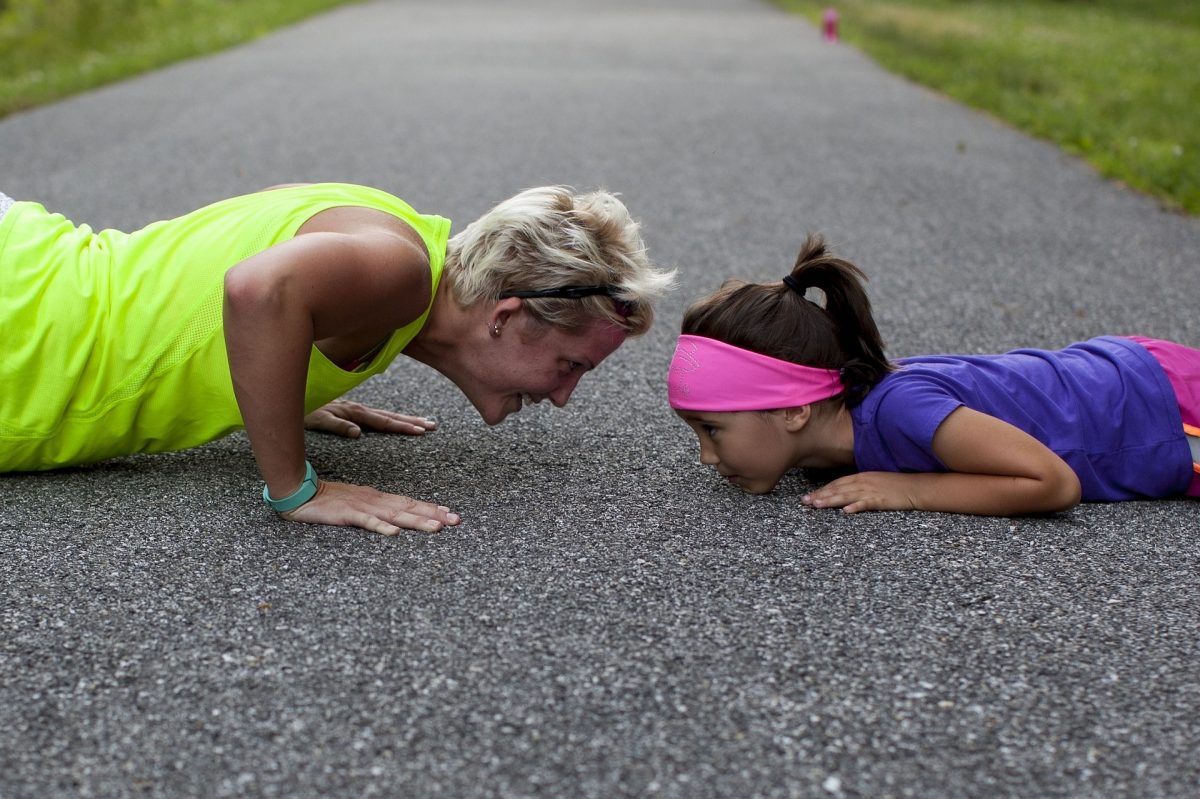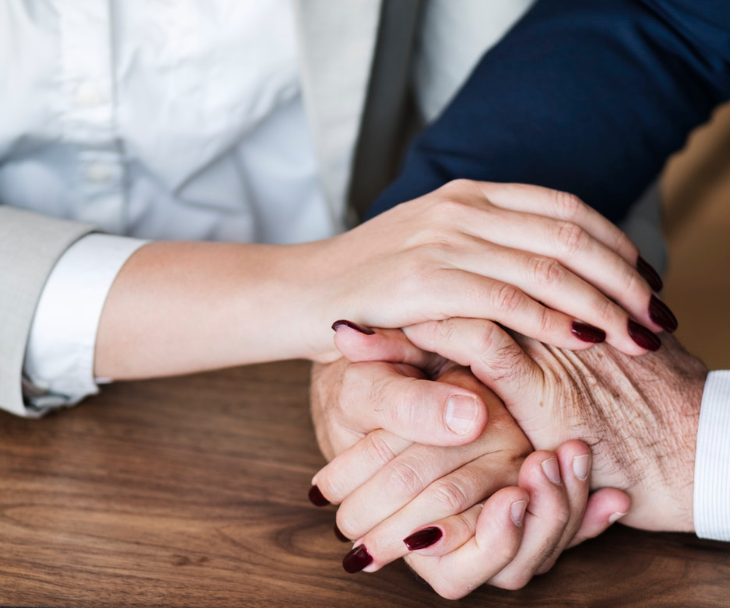In the dedication section of Know Your Enemy, I described the individuals that I believe are the real warriors of our time.
They are not to be confused with so-called warrior athletes, labeled as such from their “freakish” exploits on the field of play. The individuals I am referring to are not playing a kids’ game; they are adults and children, patients and caregivers, and medical professionals engaged in a daily struggle against a formidable opponent—cancer.
In re-reading this description five years later, I don’t think I could say it any better today, so I’ve included an excerpt for this blog…
They are the chemotherapy patients on a cocktail so strong they have little energy to get out of bed in the morning—or the radiation patients that suffer treatment side effects, such as severe joint or nerve pain or burning skin. Then add the responsibilities of raising a family or maintaining a career, and now you’re talking about a Herculean effort just to make it through the day.
They are also the caregivers whose worlds are turned upside down when a loved one is confronted with a cancer diagnosis. They need to be strong in helping to battle this enemy, while coping with their own fear and trauma.
Last, but not least, they are the medical professionals on the front lines caring for, supporting, and consoling patients and family members in their greatest time of need.
— Dedication excerpt, October 2015
Do you have someone in your life that has exhibited extraordinary strength of character in their battle with cancer? If so, have you told this real warrior that he (or she) is your hero? If not, what are you waiting for?
So here is my ode to the real warriors in my life.
To my mother, Maxine R. Antonicelli; my wife, Alyson C. Antonicelli; my little buddy, Derek Johnson #223 (son of Tina and Scott Johnson); personal friend and neighbor Stephen B. Wagoner; and all those who are engaged against the enemy—cancer—this book is dedicated to you, for you are true warriors, gladiators in the arena of life.
— Frank Antonicelli




